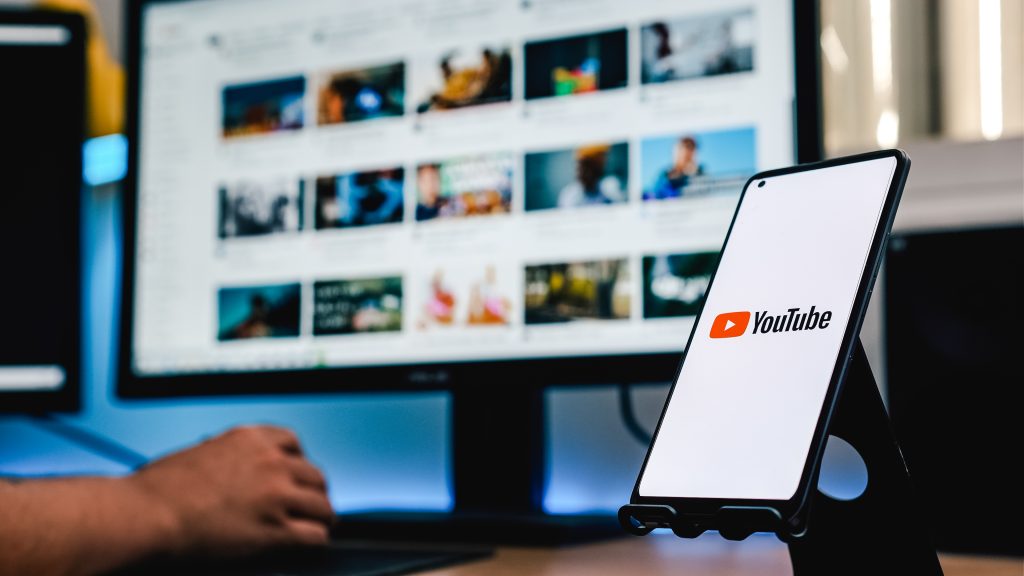YouTube launches verification system for UK healthcare workers to combat disinformation
Verified healthcare workers will have a badge under their name, indicating they are licensed professionals.

YouTube has launched a verification system for healthcare workers in the UK to combat disinformation. The system aims to bring rigour and credibility to healthcare content on the platform. However, YouTubers have cautioned that the system is intended for educational purposes and should not be considered a substitute for medical advice from GPs.
In 2022, health videos on the platform were viewed over three billion times in the UK alone. Healthcare professionals, including doctors, nurses, and psychologists, have been applying for the verification scheme since June and must meet strict criteria set by YouTube. Successful applicants will have a badge indicating their status as licensed healthcare workers.
Vishaal Virani, who leads health content for YouTube, emphasised the importance of providing reliable health information due to the significant number of people accessing healthcare information online. YouTube plans to create an environment where experts and authorities can elevate the quality of their content.
To combat false information, YouTube introduced a ‘health shelf’ at the top of search results for health topics. This designated section features videos from validated health sources to promote reliable content. YouTube’s efforts to address misinformation, particularly concerning health, were prompted by criticism surrounding its handling of COVID-19 vaccine-related disinformation. Two years ago, the platform implemented a total ban on vaccine disinformation.
Why does it matter?
The verification process involves stringent criteria and can lead to consequences for validated users who disseminate false information. Alastair Henderson, the former chief executive of the AoMRC, warned that validated users providing deliberately incorrect information could face repercussions from professional regulators, such as the General Medical Council or Nursing Council. The hope is that other social media platforms will adopt similar verification practices to ensure the quality and reliability of health-related content online.
